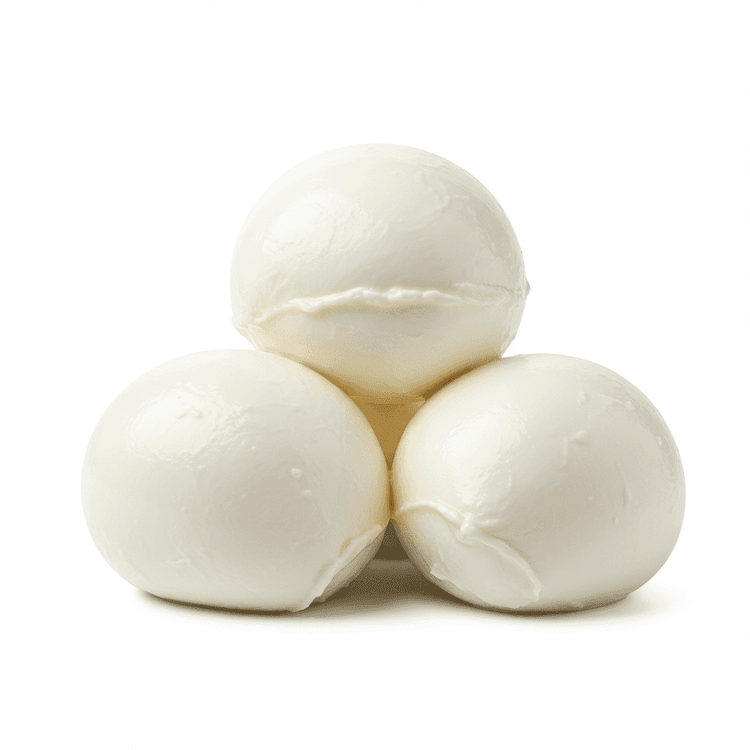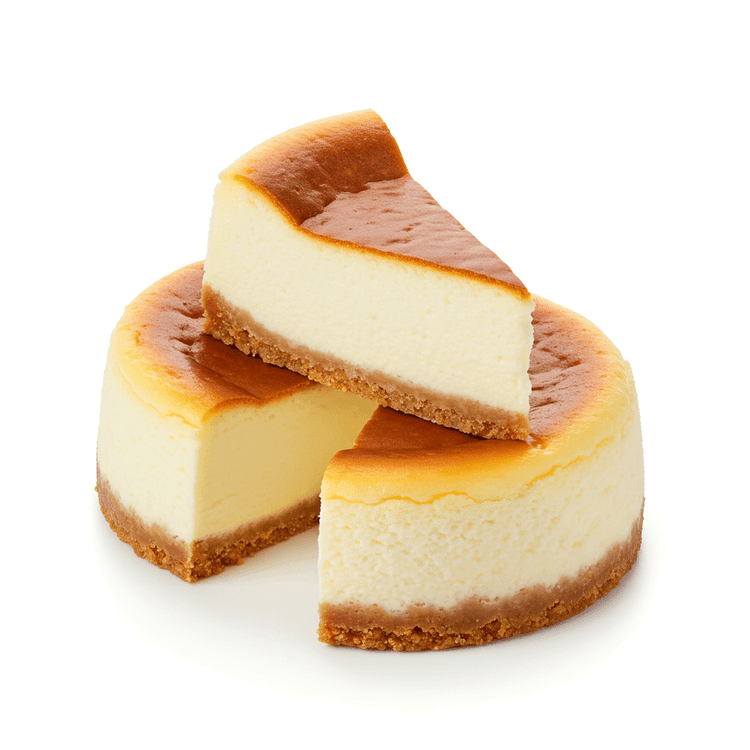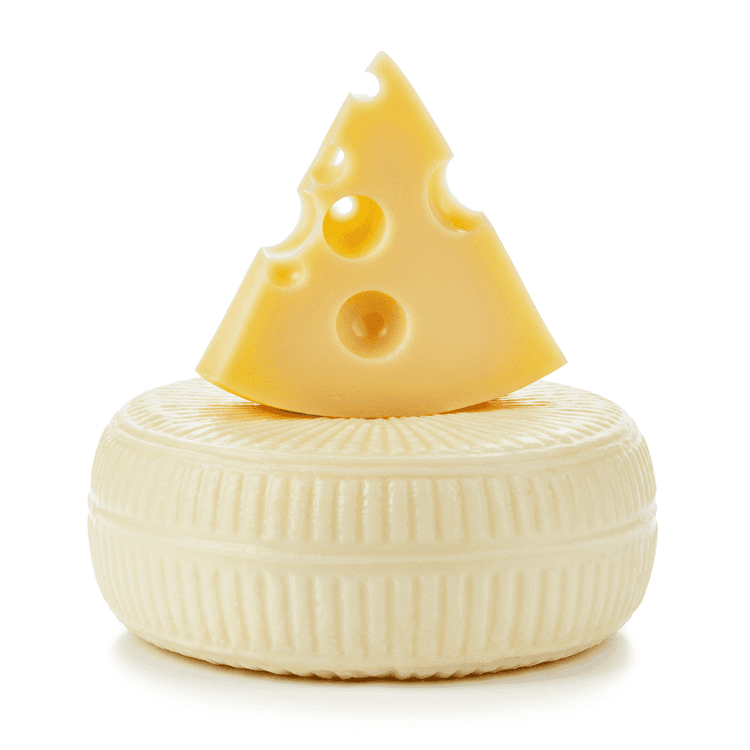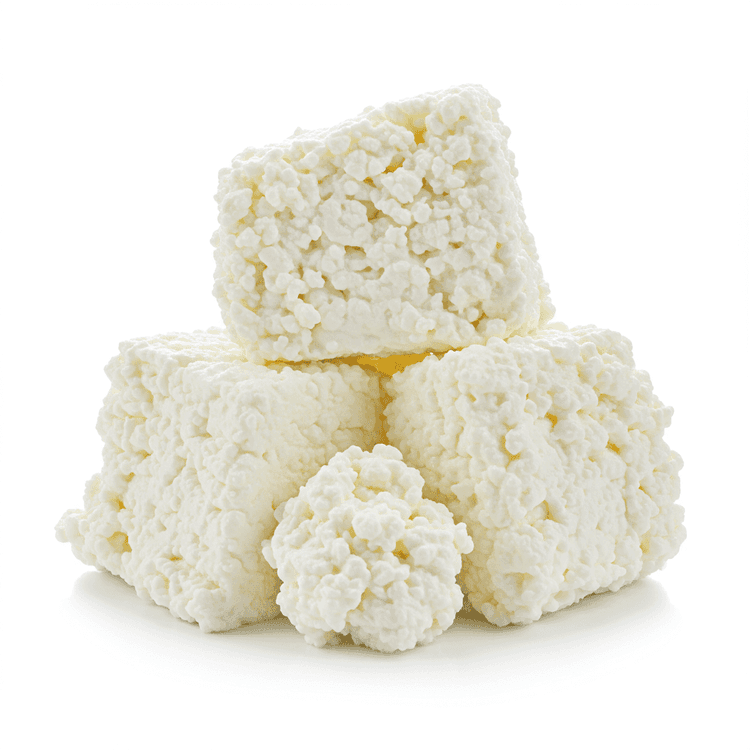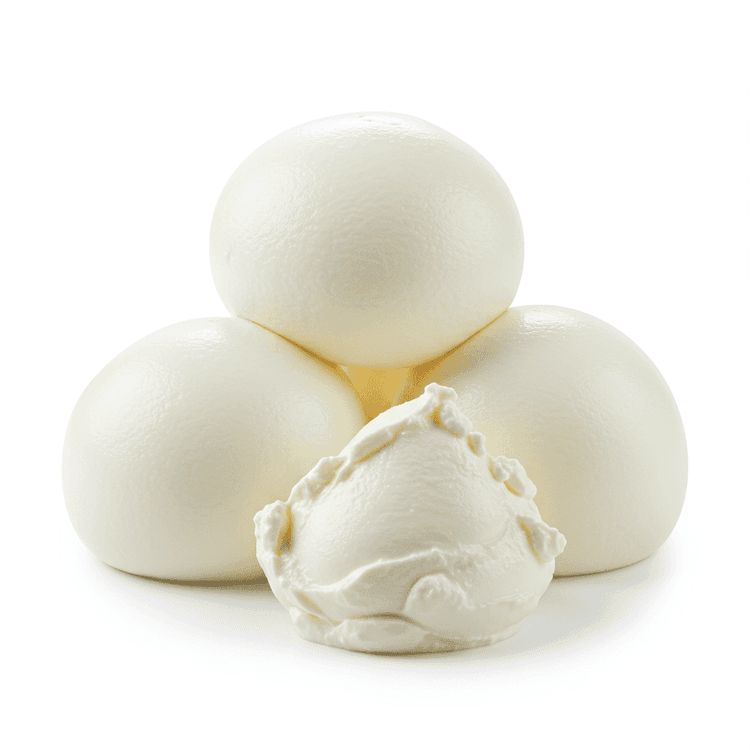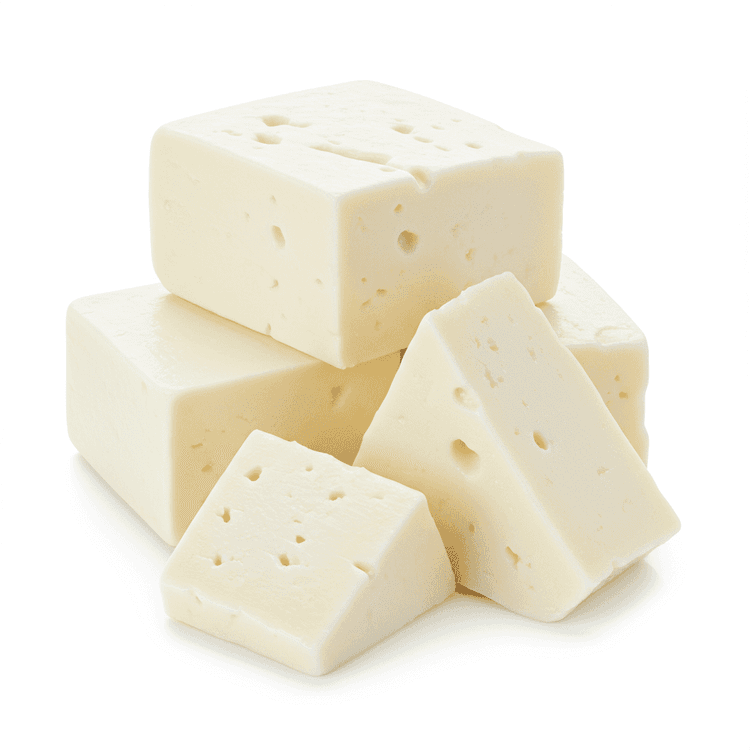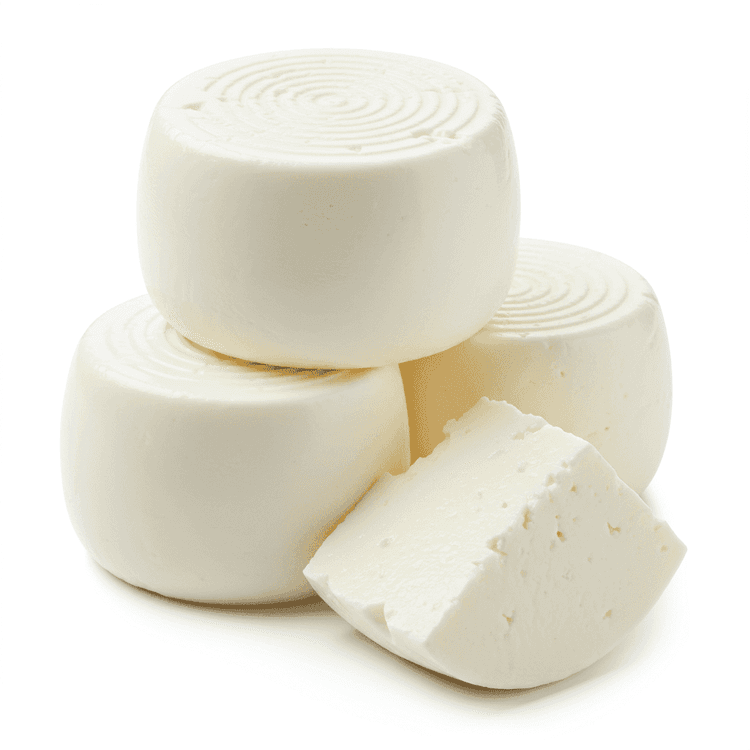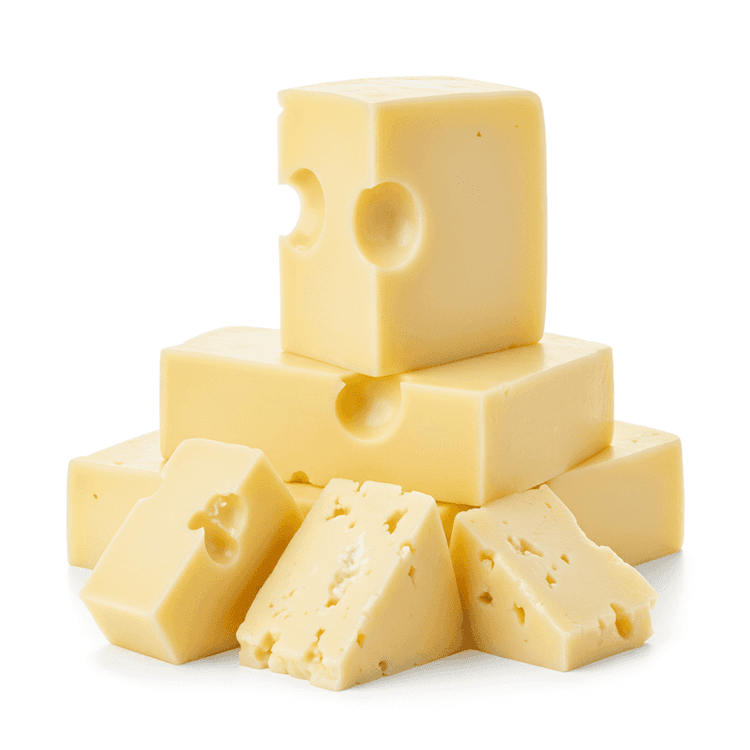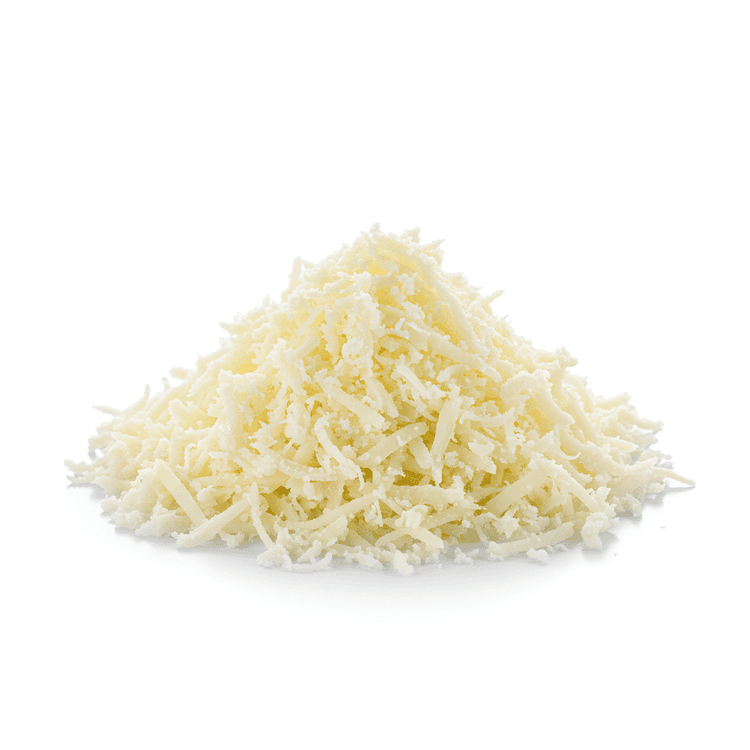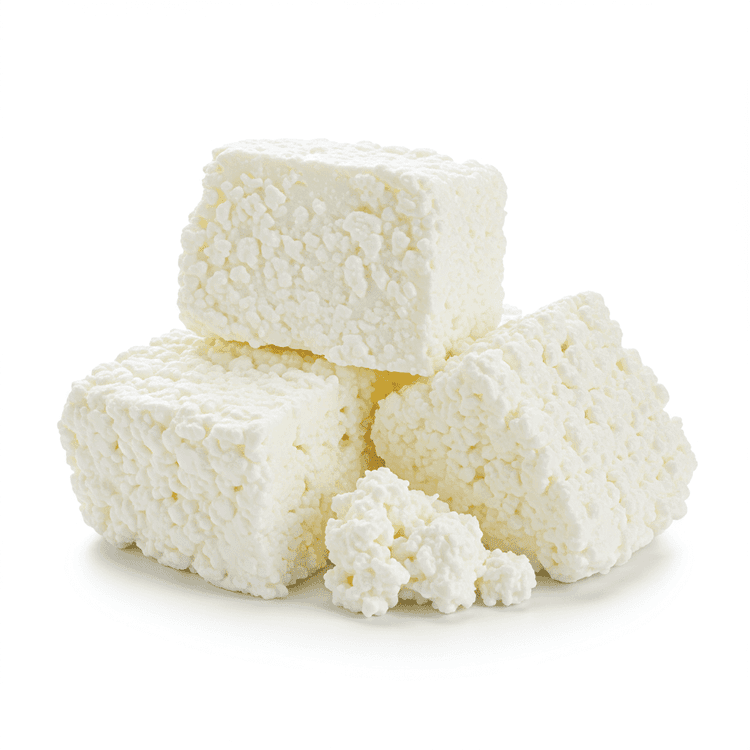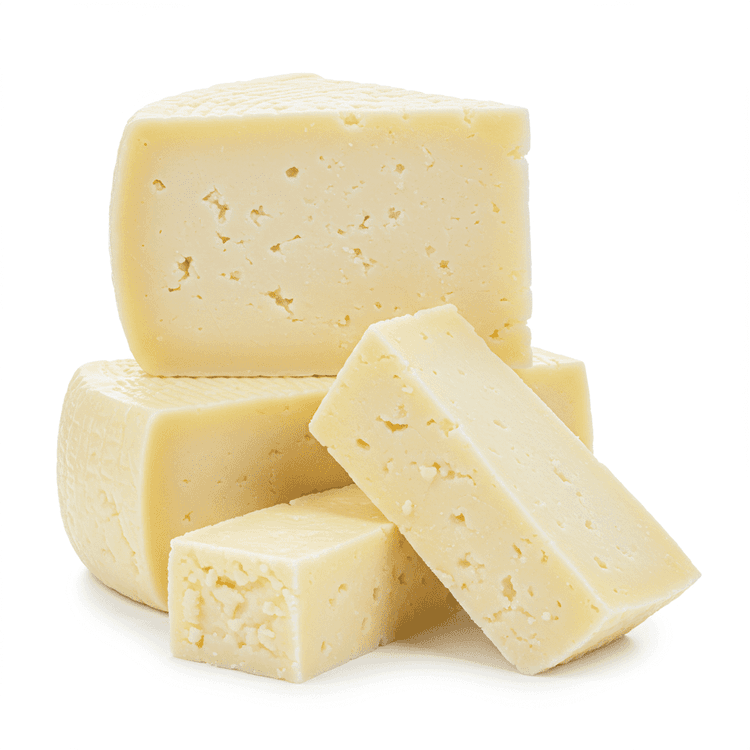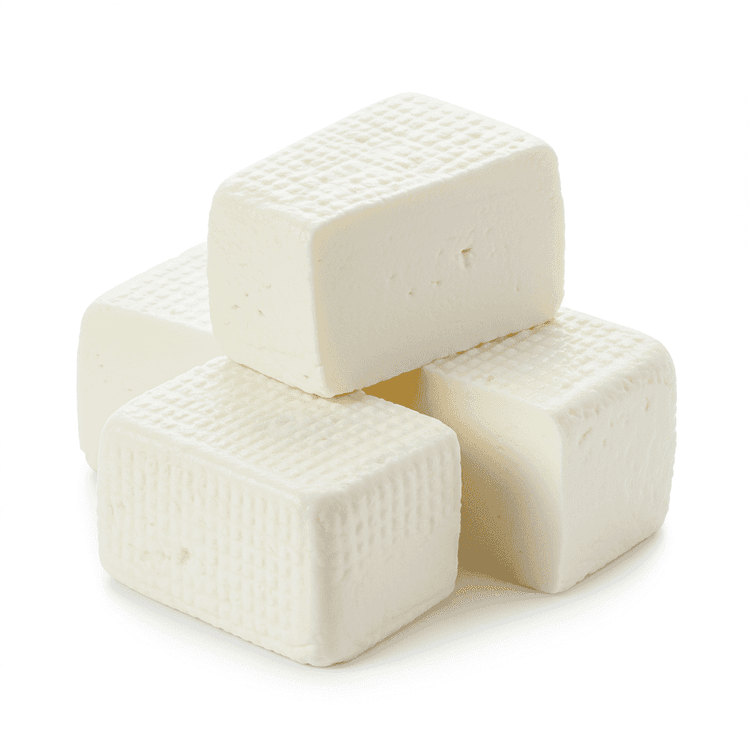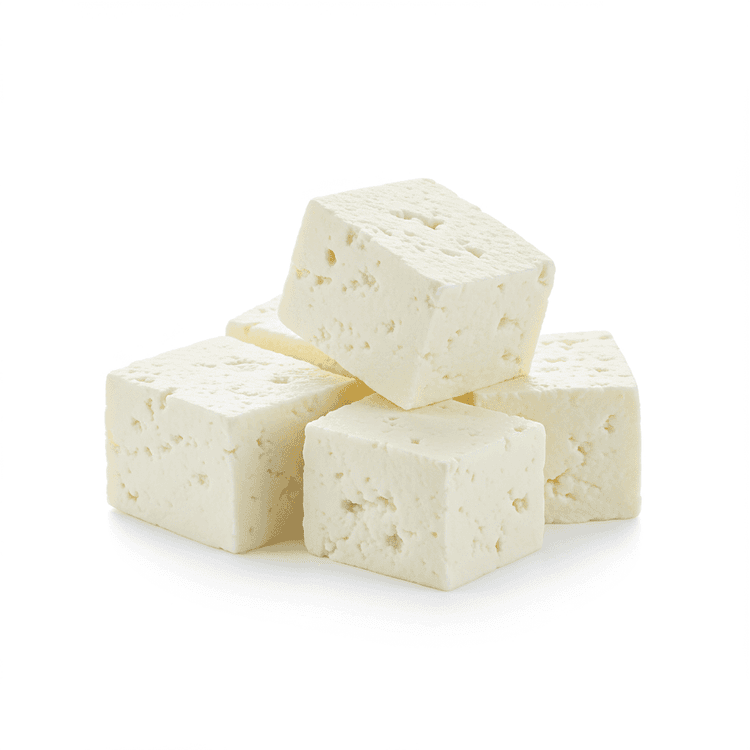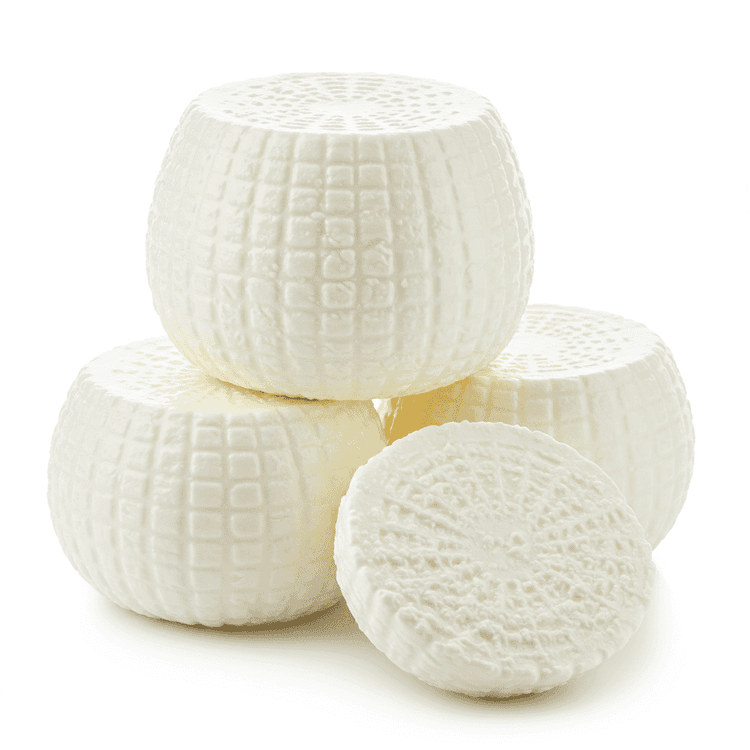
Ricotta
Ricotta is a creamy, mildly sweet Italian cheese made from whey, a byproduct of cheese production. Known for its soft, grainy texture and delicate flavor, ricotta is a versatile ingredient that enhances both savory and sweet dishes. Its pale white color and smooth consistency make it a popular choice for fillings, toppings, and spreads. Often associated with Italian cuisine, ricotta is a staple in recipes like lasagna, cannoli, and stuffed pasta. It is also a great source of protein and calcium, making it a nutritious addition to various meals.
Common Uses
- Use ricotta as a creamy filling for lasagna, manicotti, or stuffed shells, blending it with herbs, spices, and sometimes spinach for added flavor.
- Spread ricotta on toast or crackers and top with honey, fresh fruit, or nuts for a quick and healthy snack or breakfast.
- Incorporate ricotta into desserts like cannoli, cheesecakes, or pancakes for a rich, creamy texture and subtle sweetness.
- Add ricotta to pasta dishes, such as mixing it into hot pasta with a splash of pasta water to create a light, creamy sauce.
- Use ricotta as a base for dips, combining it with garlic, lemon, and herbs for a flavorful appetizer.
- Bake ricotta into savory tarts or quiches, pairing it with vegetables like zucchini, tomatoes, or spinach for a delicious meal.
Nutrition (per serving)
Nutrition (per serving)
Calories
174.0kcal (8.7%)
Protein
11.3g (22.52%)
Carbs
3.0g (1.11%)
Sugars
0.3g (0.54%)
Healthy Fat
3.9g
Unhealthy Fat
8.3g
% Daily Value based on a 2000 calorie diet
Nutrition (per serving)
Calories
174.0kcal (8.7%)
Protein
11.3g (22.52%)
Carbs
3.0g (1.11%)
Sugars
0.3g (0.54%)
Healthy Fat
3.9g
Unhealthy Fat
8.3g
% Daily Value based on a 2000 calorie diet
Health Benefits
- A good source of protein, making it a popular choice for muscle repair and overall nutrition in balanced diets.
- Contains calcium, which supports bone health and is essential for daily dietary needs.
- Low in sodium compared to many other cheeses, making it a heart-friendly option for those monitoring salt intake.
- Its creamy texture and mild flavor make it versatile for both savory and sweet dishes, from lasagna to cheesecakes.
- Often used in low-carb and high-protein diets as a filling or topping alternative to heavier cheeses.
Substitutes
Chefadora AI is here.
Experience smarter, stress-free cooking.
Storage Tips
Store ricotta cheese in the refrigerator at 35-40°F (1-4°C) in its original sealed container. Once opened, transfer any unused portion to an airtight container and use it within 5-7 days for optimal freshness. Avoid freezing ricotta, as it can alter its creamy texture, making it grainy when thawed. Always check for signs of spoilage, such as an off smell or discoloration, before use.
Marnirni-apinthi Building, Lot Fourteen,
North Terrace, Adelaide, South Australia, 5000
Australia
